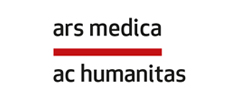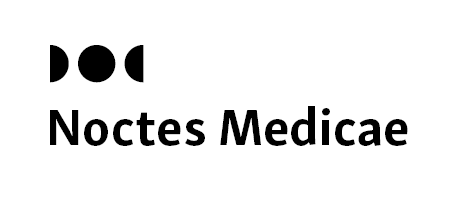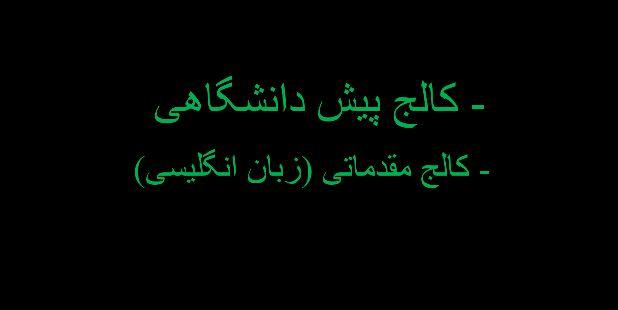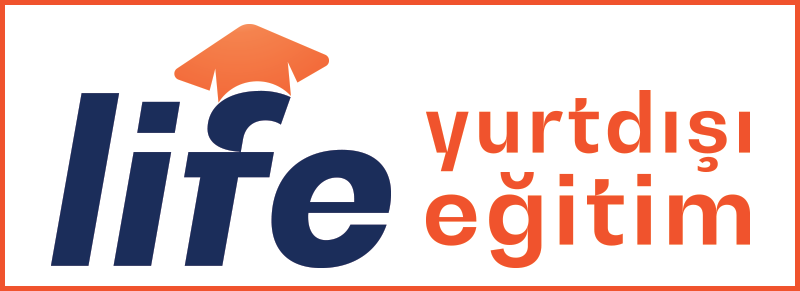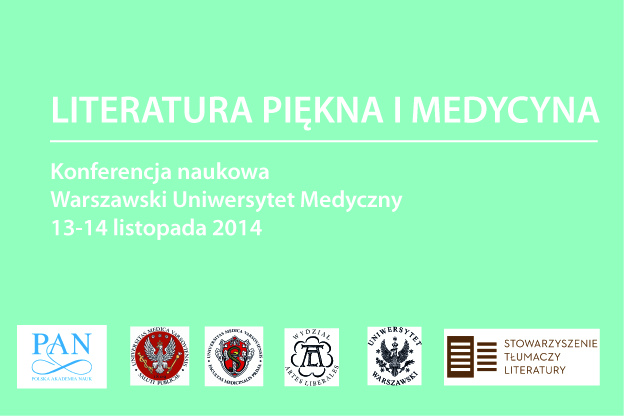Program - Biology
Biology 2nd year (165 hours)
Biology Course
The course consists of 33 five-hour online meetings. The material is divided into 5 sections. Each part ends with a summary and an intermediate test. Intermediate tests will be held on the e-learning platform.
Syllabus:
Part I
Methodology of biological experiments.
Chemistry of life: water, sugars, lipids, proteins.
The energy of life: forms of energy. Structure and function of ATP. Metabolism. Enzymes – structure and functions.
Regulation of enzyme activity. Types of enzyme inhibition.
Cell respiration - glycolysis, types of fermentation. Aerobic respiration.
Biology of the cell – structure and functions of eukaryotic cells.
Structure of cell membrane – transport across membranes.
Organization of genetic material in cell. Cell divisions (mitosis and meiosis).
Viruses and prions. Structure and life processes of Bacteria (chemosynthesis, respiration, reproduction).
Part II
Protist diversity (algae, protozoans) – cell structure and ecological interactions. Fungi.
Plant tissues and organs. Biodiversity of nonvascular, vascular plants.
Plant physiology (transport of water in xylem, transport of assimilates in phloem).
Asexual and sexual reproduction in flowering plants. Generation shift in plants.
Photosynthesis. Plant signals and behaviour. Types of animal tissues.
Biodiversity of invertebrates. Biodiversity of chordates.
Part III
Muscles and movement. Mechanism of muscle contraction. Muscle metabolism during rest and exercise.
Animal transport system. Myogenic heart stimulation. Blood clotting mechanism. Transport of gases.
Respiratory system.Excretory system.
Human skin. The role of human skeleton.
Digestive system. Role of digestive enzymes. Nutrition.
Part IV
Nervous system. Propagation of impulse. Synapses.Reflex arc. Sympathetic and parasympathetic NS.
Sense organs. Endocrine system.
Reproductive system. Menstrual cycle. Gestation.
Defences against infection.
Part V
Principles of Genetics: Nucleic acid structure.
DNA replication. Role of enzymes during replication.Transcription and gene expression regulation in prokaryotes (Operons).Gene expression regulation in eukaryotes. Posttranscriptional modifications.Genetic code and translation. Mutations.
Techniques used in biotechnology. Genetically modified organisms. Role of restriction enzymes. Production of human proteins in Bacteria.
Mendelian genetics. Linked and non-linked genes. Crossing-over crosses.
X-linked genes. Pedigree analysis.
Ecology of population. Interactions between organisms.
Ecology of ecosystems. Cycling of matter and energy flow.
Evolution. Hardy-Weinberg equilibrium.
Molecular phylogeny. Speciation. Micro- and macroevolution. Biogeography.
Obligatory textbook:
Global edition Biology, A Global approach, Campbell Tenth edition, Pearson Education Limited 2015

